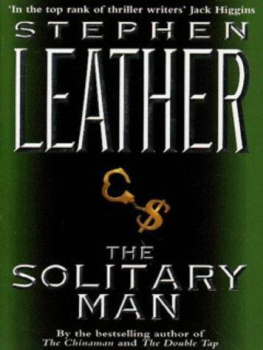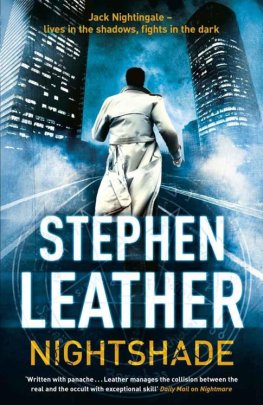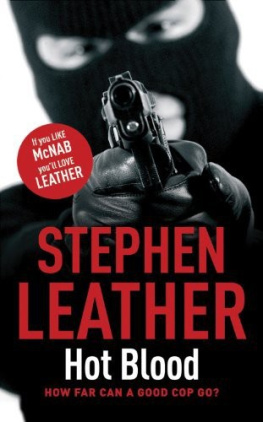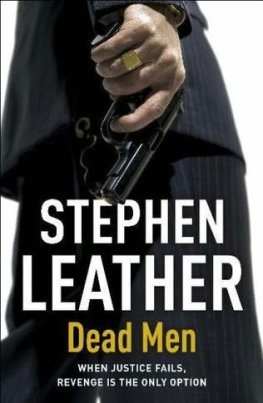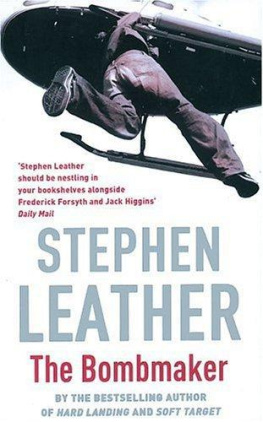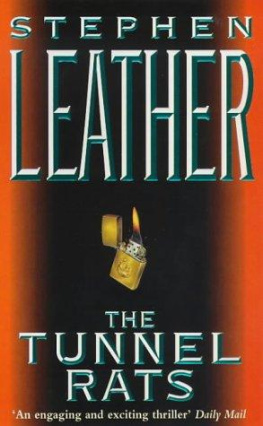THE PRISONER LAY IN the damp grass and watched the building. It was in complete darkness. To his left was a line of small planes, standing like soldiers on parade, their noses pointing towards the distant runway. Two of the planes were four-seater Cessnas and he memorised their numbers. A police car sped down the road that ran parallel to the airfield, its siren on and lights flashing. The prisoner flattened himself into the grass, spread-eagled like a sky diver. He closed his eyes and breathed in the fragrance of the wet grass. Dew had coated his beard and he wiped his face with his sleeve. The siren sounded closer and closer and then began to recede. The prisoner lifted his head. It wouldn't be long before they searched the airfield.
He got to his feet and ran towards the single-storey building. There was a main entrance and a fire exit, and a window that overlooked the parked planes. Two locks secured the main door: a Yale and a deadbolt. The Yale he could pick but he'd need a drill for the deadbolt. He scuttled around the side of the building and checked the emergency exit. There was no lock to pick, but the wooden door didn't look too strong. A couple of hard kicks would probably do it. The moon emerged from behind a cloud, making the thick yellow stripes that ran down both sides of his blue denim uniform glow.
A truck rattled down the road. The prisoner took a step back from the door, then waited until the truck was close to the entrance to the airfield. When the truck's engine noise was at its loudest, he kicked the door hard, putting all of his weight behind the blow. The wood splintered, and it gave way on the second kick. He pushed the door open and ducked inside. The keys were in a cabinet mounted on the far wall of the office.
He dashed over to the planes. The fuel tanks of the first Cessna he tried were almost empty. He said a silent prayer and went over to the second four-seater, a blue and white Cessna 172. He fumbled for the keys, then unlocked the door on the pilot's side and switched on the electronics. Both tanks were half-full. The prisoner smiled to himself. More than enough to get him well away from the island. He untied the chains that kept the plane tethered to the metal rings embedded in the concrete parking area.
In the distance a dog barked. The prisoner stopped dead and listened intently. There was another bark, closer to the airfield. A big dog, a German Shepherd maybe, the sort of dog that the police would use. He walked quickly to the front of the plane and climbed into the pilot's seat. He let his hands play over the control wheel for a few seconds. There was so much to remember. He closed his eyes and took several deep breaths. Carburettor heat in, throttle in a quarter of an inch, just enough to get the engine turning over. He turned the key. The engine burst into life. He pushed the throttle further in and the engine roared.
The noise was deafening. He hadn't realised how loud it would be. It was the first time the prisoner had ever been in a small plane. He shook his head. He was wasting time, and the dogs were getting closer. He put his feet on the rudder pedals and released the handbrake. The plane lurched forward.
He wrenched the control wheel to the right but the plane kept going straight ahead. Only then did he remember what Ronnie had told him: on the ground, you steered with your feet. The control wheel was only effective in the air. The prisoner took a hand off the wheel and wiped his forehead. He had to stay calm; he had to remember everything that Ronnie had taught him.
He pushed his right foot forward and immediately the plane veered to the right. He overcompensated and tried to use the control wheel to get the plane back on course. 'Rudder,' he muttered to himself.
He jiggled the pedals and manoeuvred the plane to the end of the runway. The windsock down the runway was blowing towards him, so he'd be flying straight into the wind. He pushed the top of both pedals forward to operate the brakes, and held the plane steady. The gyroscopic compass was about twenty degrees adrift, according to the magnetic compass, so he reset it. A heading of 340 Ronnie had said. North-northwest. He pushed in the throttle as far as it would go and let his feet slide off the pedals. The plane rolled forward, accelerating quickly. He used the pedals to keep the nose heading down the middle of the runway, resisting the urge to turn the control wheel.
His eyes flicked from the windscreen to the airspeed indicator. Thirty, thirty-five, forty. The runway slid by, faster and faster until it was a grey blur. He waited until the airspeed hit sixty-five and then pulled back on the control wheel. The plane leaped into the air. His stomach lurched and he eased back on the wheel, levelling the plane off. A gust of wind made the plane veer to the left and he pulled back on the wheel again and started to climb.
Below, houses and gardens flashed by, then a road. He began to laugh. He was doing it. He was actually doing it. He was flying.
He looked at the altimeter. Five hundred feet and climbing. Wisps of cloud hit the windscreen and then were gone. Ahead of him were grey clouds, but he could see large areas of clear sky between them.
The control wheel kicked in his hands as he hit an air pocket and he gripped it tightly. He scanned the instruments. Everything seemed to be okay. He looked down at his feet and realised he'd left the fuel selector switch in the 'off position. He reached down and turned it to 'both', freeing up the fuel in both tanks. That had been a stupid mistake. Running out of fuel wouldn't have been smart.
He took the plane up to a thousand feet and levelled it off, pulling back on the throttle as Ronnie had told him. He looked out of the window to his right. There was a beach below, and then he was flying over the Solent, towards the town of Lymington. The muscles in his neck were locked tight with the tension and he rolled his neck. Taking off was the easy part, Ronnie had warned. Getting the plane back on the ground would be a lot harder.
He flew through a patch of cloud and for a moment he began to panic as everything went white, then just as quickly he was back in clear sky. Ahead of him were more clouds. They were grey and forbidding, and the prisoner was suddenly scared. He pushed the control wheel forward and took the plane down a few hundred feet but all he could see ahead of him were the slate-grey clouds. Far off to his right was a flash of lightning. The clouds seemed to rush towards him and he turned the control wheel to the left, figuring he'd try to fly around the storm, but he was too late.
Before he could react, he was inside the storm, the plane buffeted by the turbulent air. He could see nothing but impenetrable cloud. It was totally white, as if he were surrounded by a thick, cloying mist. There was no way of telling whether his wings were level or not, no sense of which was up and which was down.
The engine began to roar and he pulled back on the throttle. It didn't make any difference. He scanned the instrument panel and saw that his airspeed was rising rapidly. He was diving. Diving towards the sea. He yanked the control wheel back and his stomach went into freefall. His compass was whirling around but nothing he did stopped the spin.
He began to panic. He'd been crazy even to think that he could fly. Crazy. The engine was screaming now, screaming like a tortured animal, and the plane was shaking and juddering like a car being driven over rough ground.
He yelled as the plane dropped out of the clouds and he saw that he was only fifty feet above the waves. His left wing had dipped so far down that he was almost inverted. He wrenched the control wheel to the right and kicked his right rudder pedal, his cries merging with the roar of the engine.
WRECKAGE FROM THE SMALL plane was found floating in the Solent two days later. After a week police divers discovered the bulk of the plane scattered over the sea bed. There was blood on the windshield where the prisoner's head had slammed into the Plexiglas. Of the body there was no sign, but one of the doors had sprung open on impact and the tides in the area were strong, and the Hampshire police knew that it wasn't true that the sea always gave up its dead. The file on prisoner E563228 was closed and his belongings sent to his ex-wife, who was listed on his files as his next of kin.

